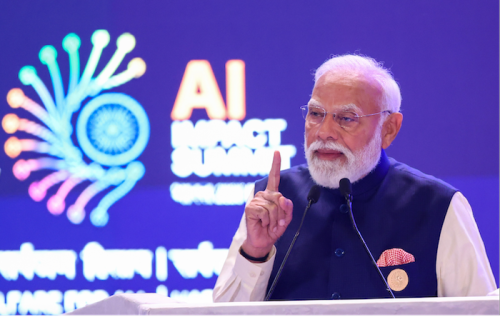Three years after an employee revolt forced Google to abandon work on a Pentagon program that used artificial intelligence, the company is aggressively pursuing a major contract to provide its technology to the military.
The company’s plan to land the potentially lucrative contract, known as the Joint Warfighting Cloud Capability, could raise a furor among its outspoken work force and test the resolve of management to resist employee demands.
In 2018, thousands of Google employees signed a letter protesting the company’s involvement in Project Maven, a military program that uses artificial intelligence to interpret video images and could be used to refine the targeting of drone strikes. Google management caved and agreed to not renew the contract once it expired.
The outcry led Google to create guidelines for the ethical use of artificial intelligence, which prohibit the use of its technology for weapons or surveillance, and hastened a shake-up of its cloud computing business. Now, as Google positions cloud computing as a key part of its future, the bid for the new Pentagon contract could test the boundaries of those A.I. principles, which have set it apart from other tech giants that routinely seek military and intelligence work.
The military’s initiative, which aims to modernize the Pentagon’s cloud technology and support the use of artificial intelligence to gain an advantage on the battlefield, is a replacement for a contract with Microsoft that was canceled this summer amid a lengthy legal battle with Amazon. Google did not compete against Microsoft for that contract after the uproar over Project Maven.
The Pentagon’s restart of its cloud computing project has given Google a chance to jump back into the bidding, and the company has raced to prepare a proposal to present to Defense officials, according to four people familiar with the matter who were not authorized to speak publicly. In September, Google’s cloud unit made it a priority, declaring an emergency “Code Yellow,” an internal designation of importance that allowed the company to pull engineers off other assignments and focus them on the military project, two of those people said.
The Boston Global Forum (BGF), in collaboration with the United Nations Centennial Initiative, released a major work entitled Remaking the World – Toward an Age of Global Enlightenment. More than twenty distinguished leaders, scholars, analysts, and thinkers put forth unprecedented approaches to the challenges before us. These include President of the European Commission Ursula von der Leyen, Governor Michael Dukakis, Father of Internet Vint Cerf, Former Secretary of Defense Ash Carter, Harvard University Professors Joseph Nye and Thomas Patterson, MIT Professors Nazli Choucri and Alex ‘Sandy’ Pentland, and European Parliament Member Eva Kaili. The BGF introduced core concepts shaping pathbreaking international initiatives, notably, the Social Contract for the AI Age, an AI International Accord, the Global Alliance for Digital Governance, the AI World Society (AIWS) Ecosystem, and AIWS City.










